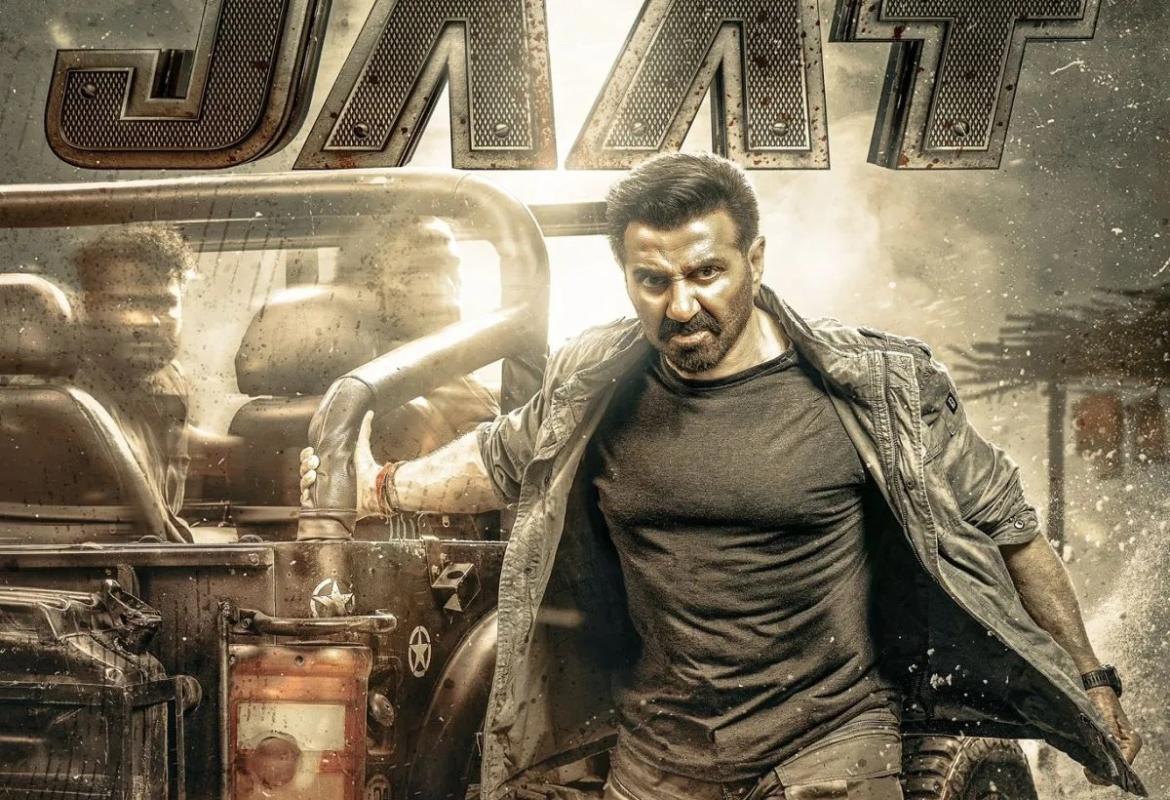Retired Australian diplomat Bruce Haigh has stated the Australian has been turning a blind eye to genocide, as he criticised the Australian government’s engagement with Sri Lanka.
Haigh, who was also member of the Refugee Review Tribunal, criticised Australia’s acceptance of “fiction” on the island, and went on to state that Australia’s asylum seeker policy, which deports Tamils to face torture in Sri Lanka, may make them complicit in the crime of genocide.
Extracts have been reproduced below. See the full piece in the Canberra Times here.
"Former Australian foreign minister Bob Carr and his successor Julie Bishop view the world as they want it to be rather than as it is. Bishop, like her predecessor, has engaged in transparent and clumsy denial in order to placate what she likes to term Australia's friends."
"The Australian government has adopted the fiction that the minority Tamils were the aggressors in the civil war, that the majority Sinhalese won the war, peace has been restored and the surly defeated Tamils must now accept the status quo and get on with life, accepting their position as a minority within mainstream Sinhala society."

